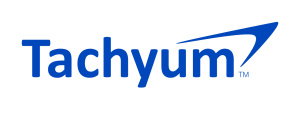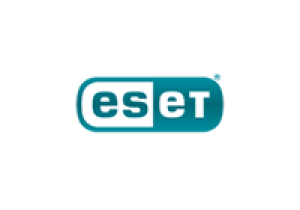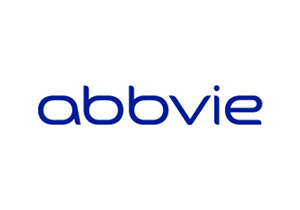What Makes us Different from Perfectly Digitized Estonia? It has to be an Inspiration to us

It is no secret that we are not as good as we should be in informatisation and in the electronic services of the state in relation to the citizens. Estonia is a leader in digitalisation in the European Union. What can we be inspired by? And what to cooperate in? How can Estonia help us in this area? These, as well as many other questions, will be answered at our traditional Spring ITAPA conference on 16 and 17 June 2022 by Erika Piirmets, a consultant for digital transformation from Estonia. Secure your seat now and sign up.
In Estonia, there is a national electronic system e-Estonia, within which citizens can deal with almost all bureaucratic matters or life situations online. Estonia can thus boast of being one of the most digitally advanced countries in the world. Synergies between government and the private sector are essential, as digitization cannot lie solely on the shoulders of government. So the situation needs to be reversed - innovation is needed on the part of companies that will be supported by the government. At the same time, they must pursue one common goal - the kind of Slovakia they want to build together.
Slovakia has three key priorities in building a successful digital society. Veronika Remišová, Minister of Informatics, presented them at the Tallin Digital Summit in Tallinn, Estonia. The first is the fight against digital poverty - everyone must have access to the benefits of digital transformation, no matter where they live, what their social environment is or how old they are. Secondly, it is building trust between citizens and the state, as well as between the private sector and the state. The third priority is to remove bureaucratic obstacles to the introduction of digital innovation in public administration. In this case, public, academic and private sector cooperation is extremely important.
The European Union is also aware of the need for digitized countries. The pandemic has set a mirror for all of us and shown how important digital technologies are in today's world. On the one hand in professional life, when the normal daily work responsibilities in the offices have largely moved home, as well as in education, health care or the necessary interpersonal communication. And it is for all this that we have used digital technologies, without which we would find it difficult to handle various situations. Finally, digitalisation has wider and more global benefits because it makes it possible to create new jobs, promote new skills, develop new markets or strengthen the European Union's competitiveness.
The European Commission has therefore set up a directly managed Digital Europe Program for 2021-2027, responding to the pandemic situation and all the new challenges involved. Its aim is to support and accelerate the digital transformation of the European economy, industry, to bring benefits to European citizens, public administrations and businesses across the Union. The program allocates € 7.5 billion across the EU - most of the package is for high-performance computing, artificial intelligence, cyber security, digital skills acquisition and digital capacity building.
You will get answers from the most competent and at the same time attractive speakers on how Slovakia uses funds from the Digital Europe program, as well as how we can be inspired by Estonia as the European digital leader. And not only that, again you will find an incredibly rich and high-quality program full of resonant names and even more resonant themes.
Sign in to Spring ITAPA 2024



















